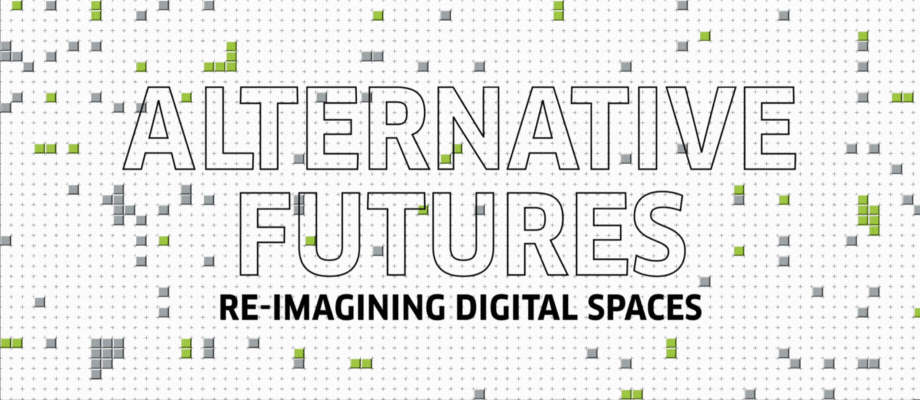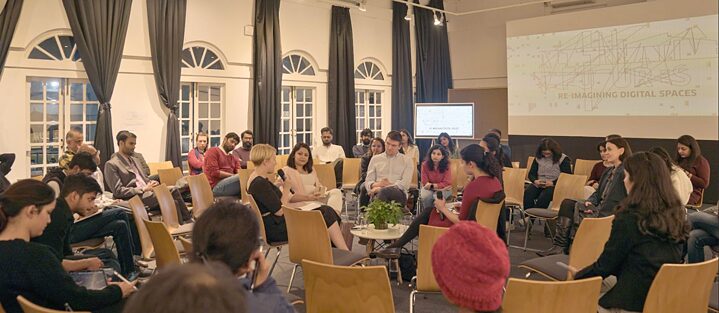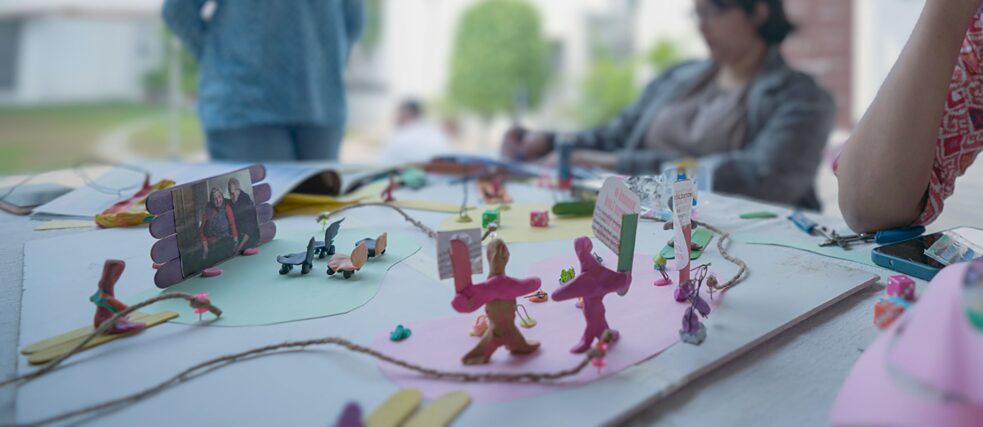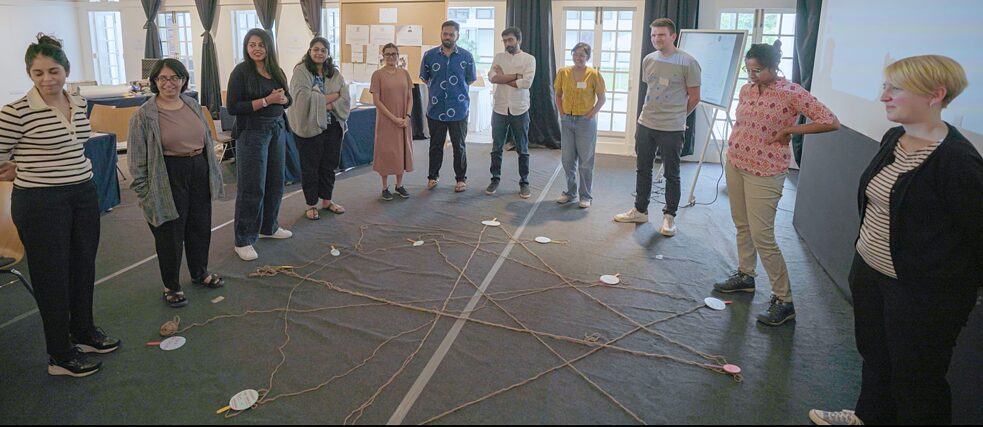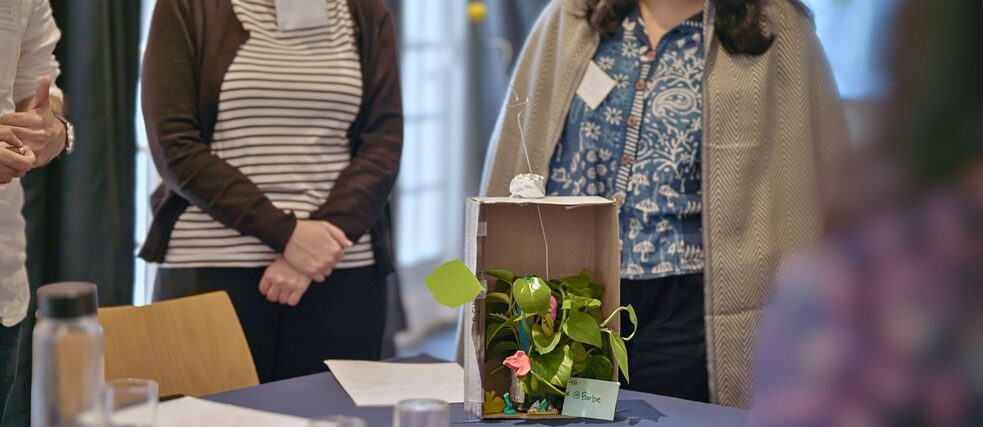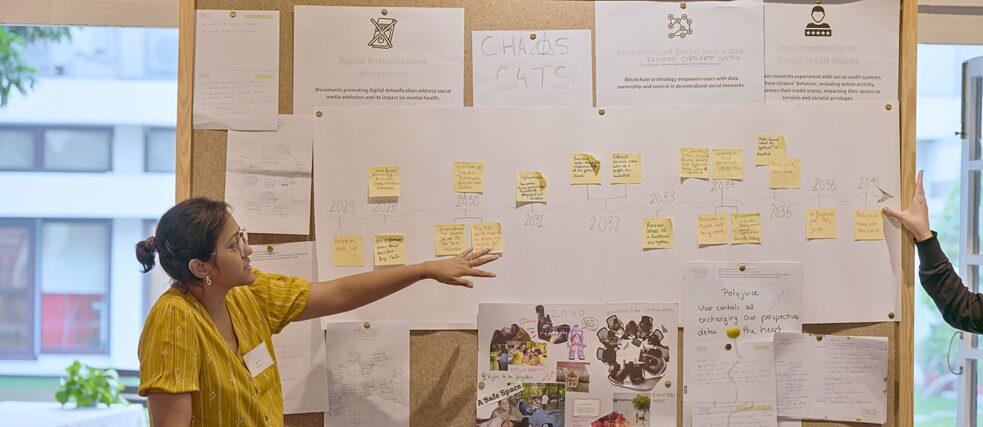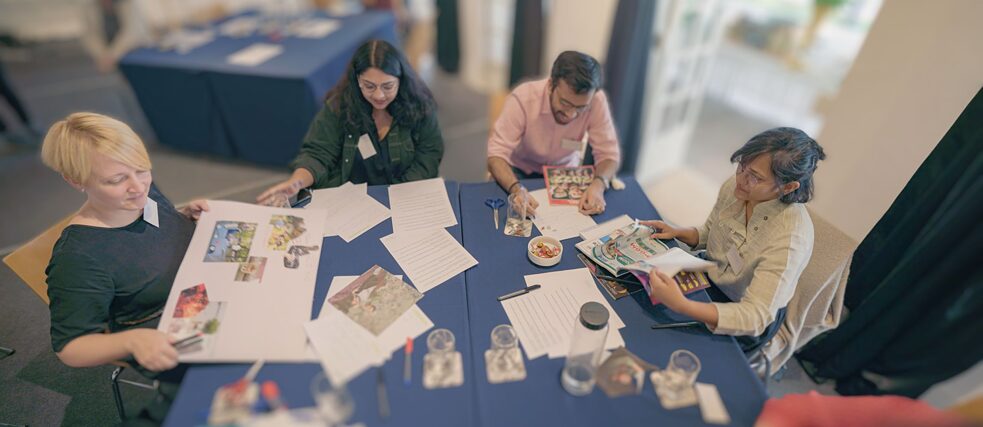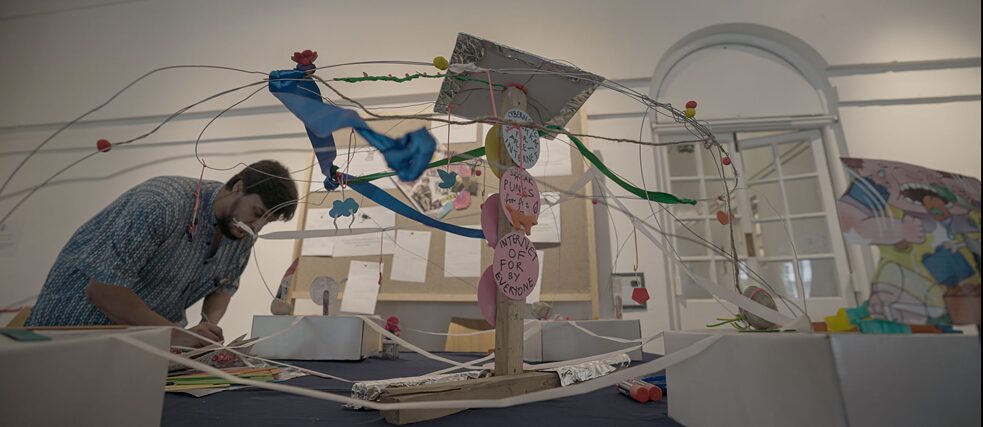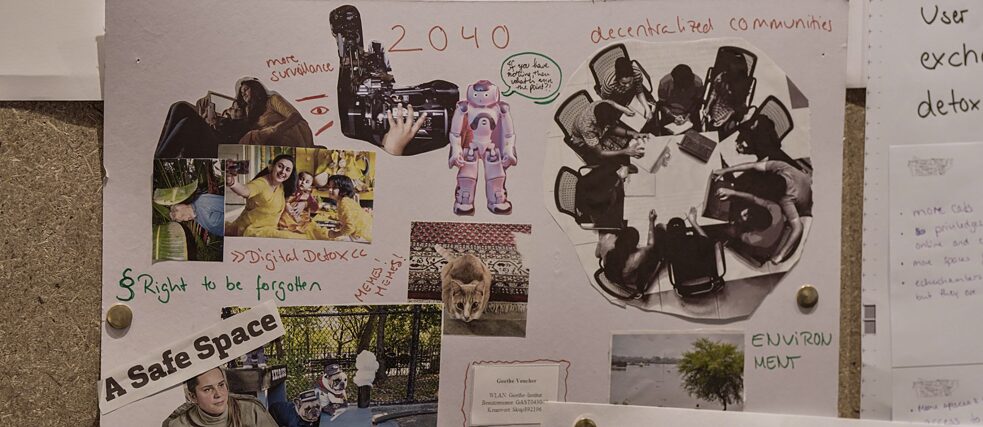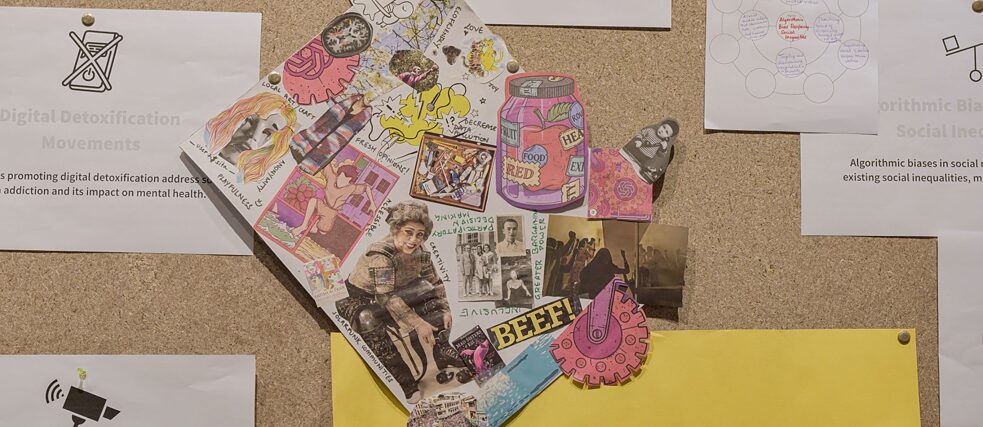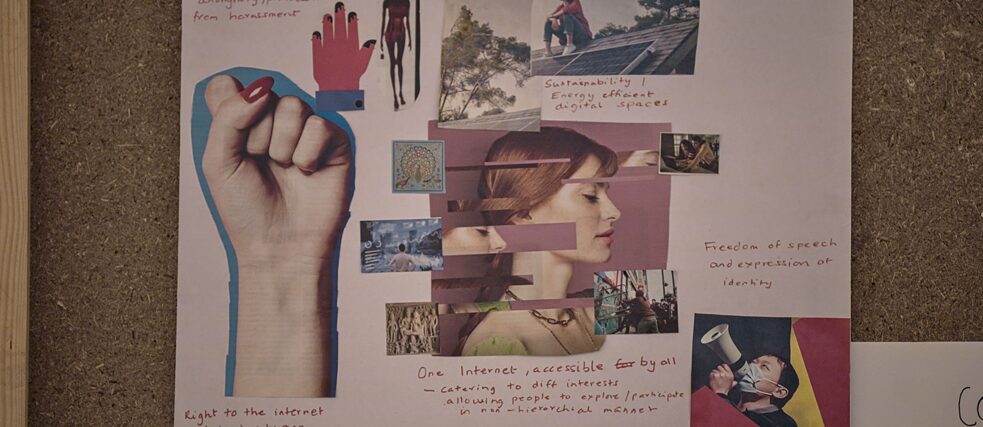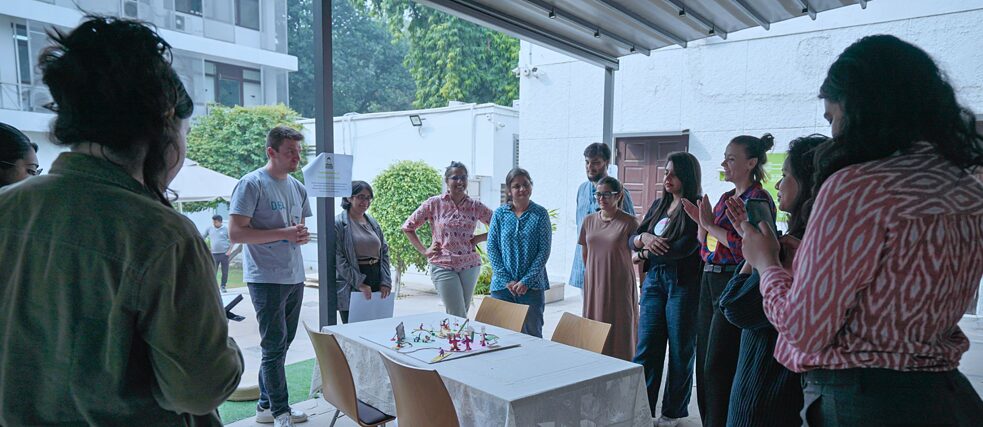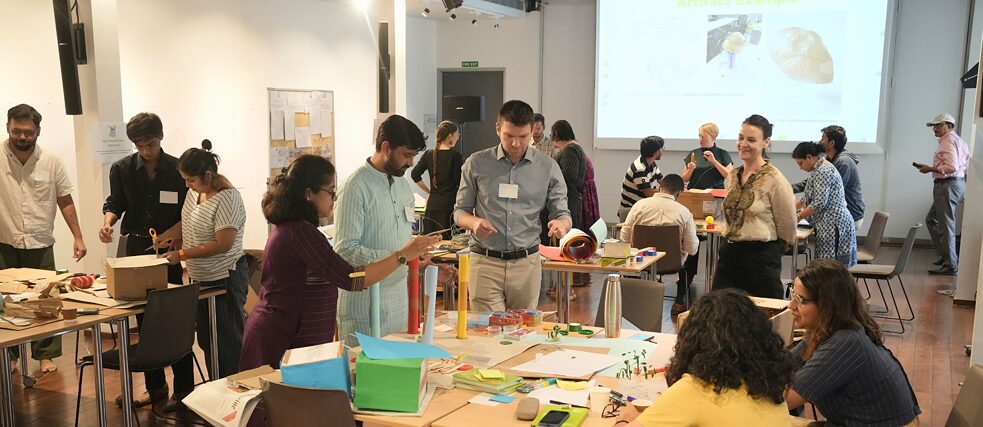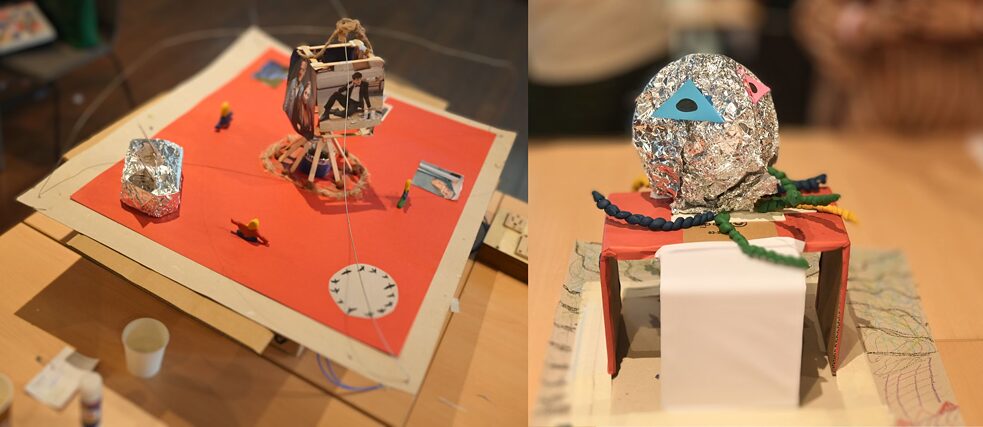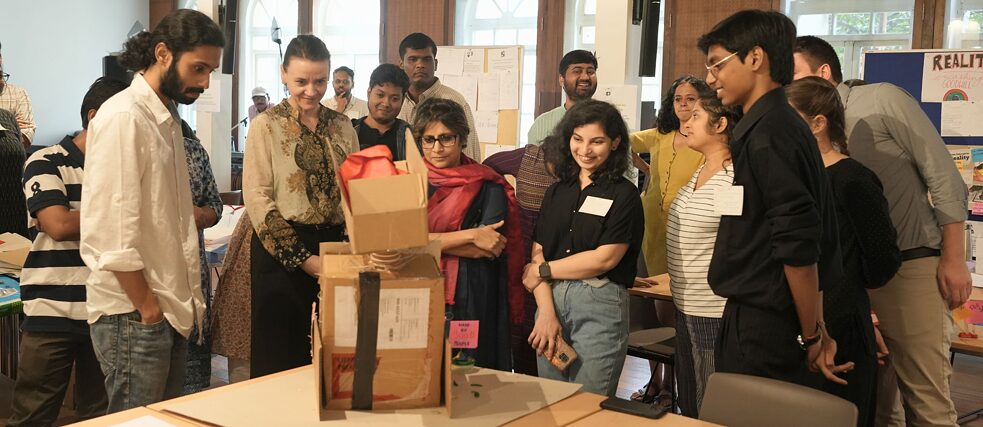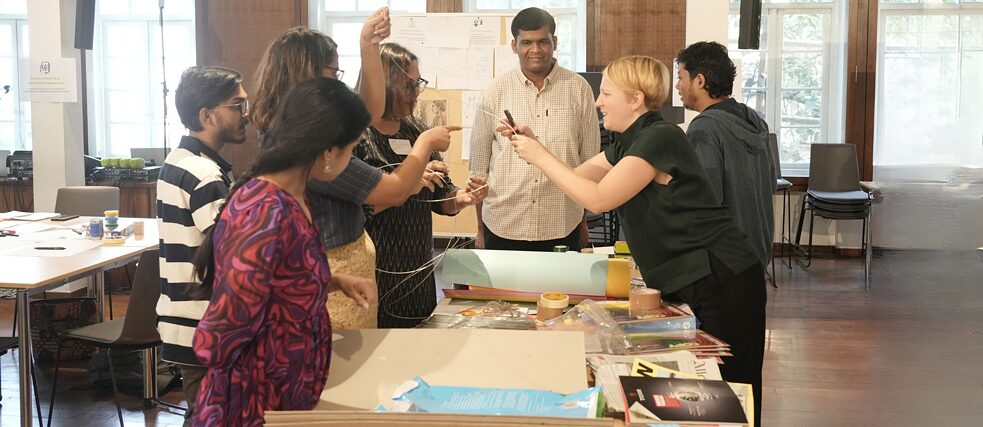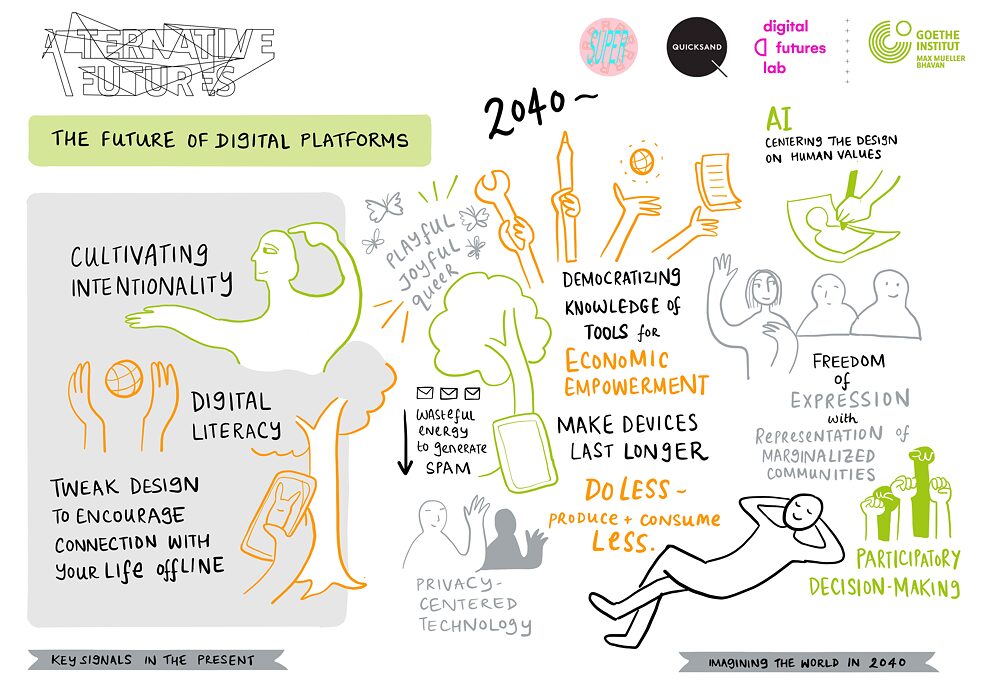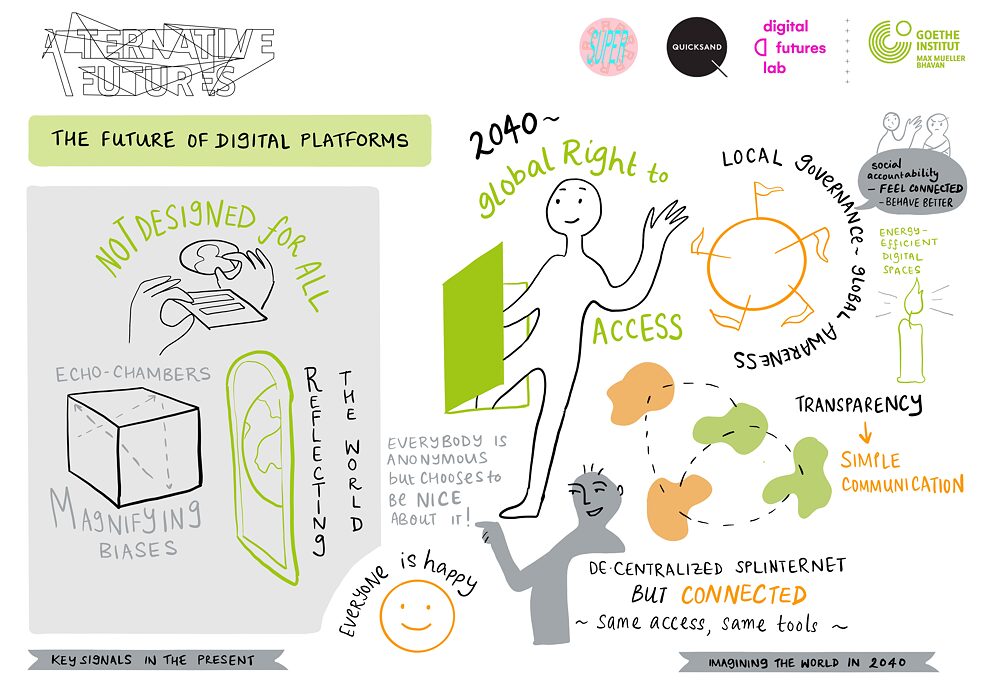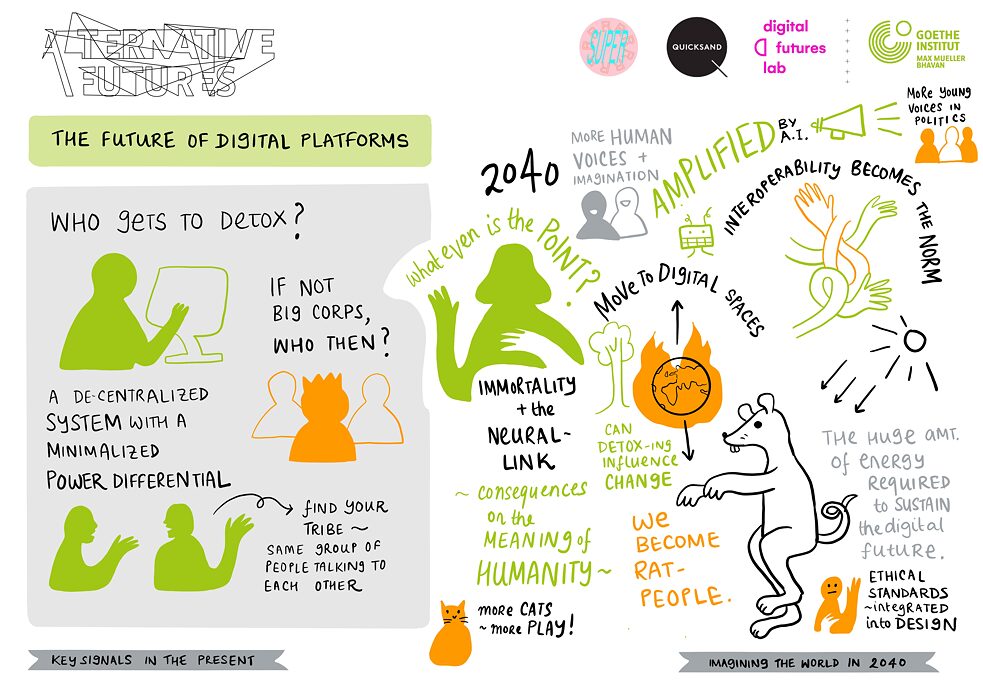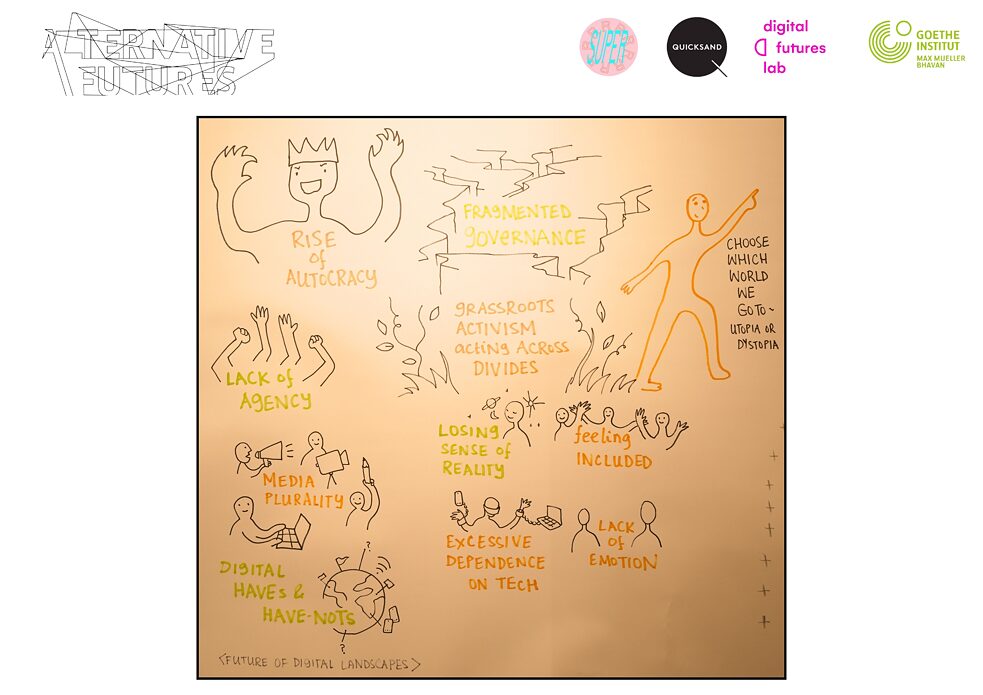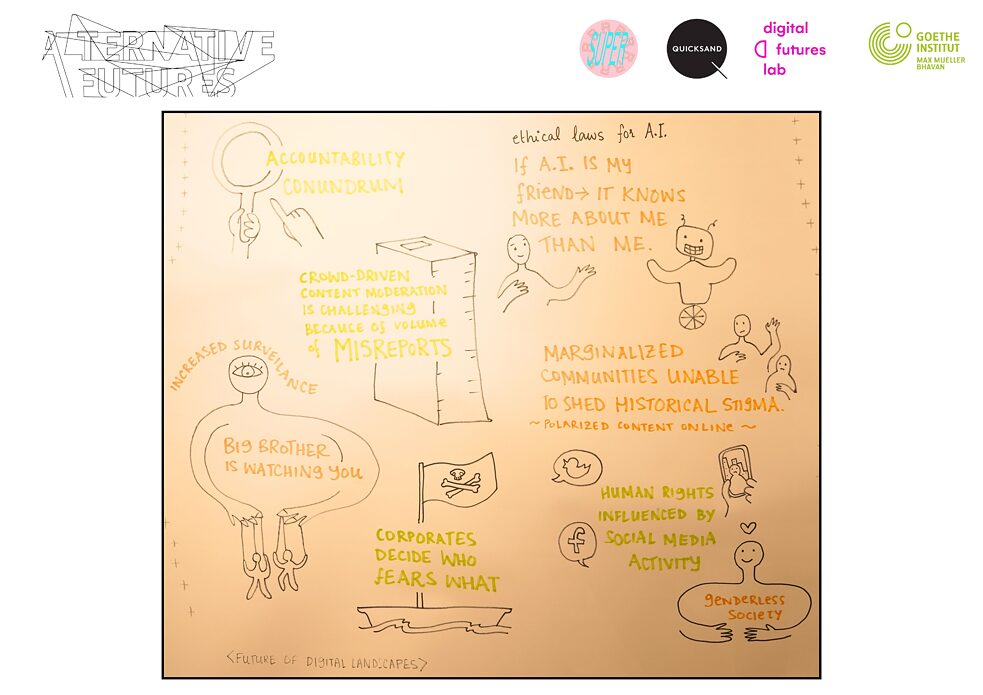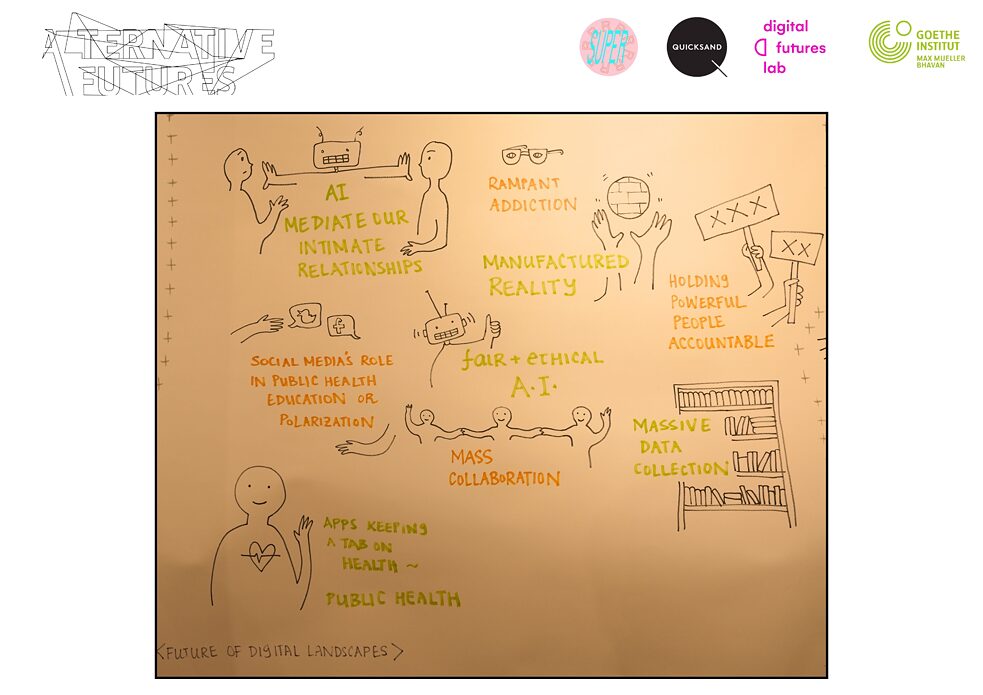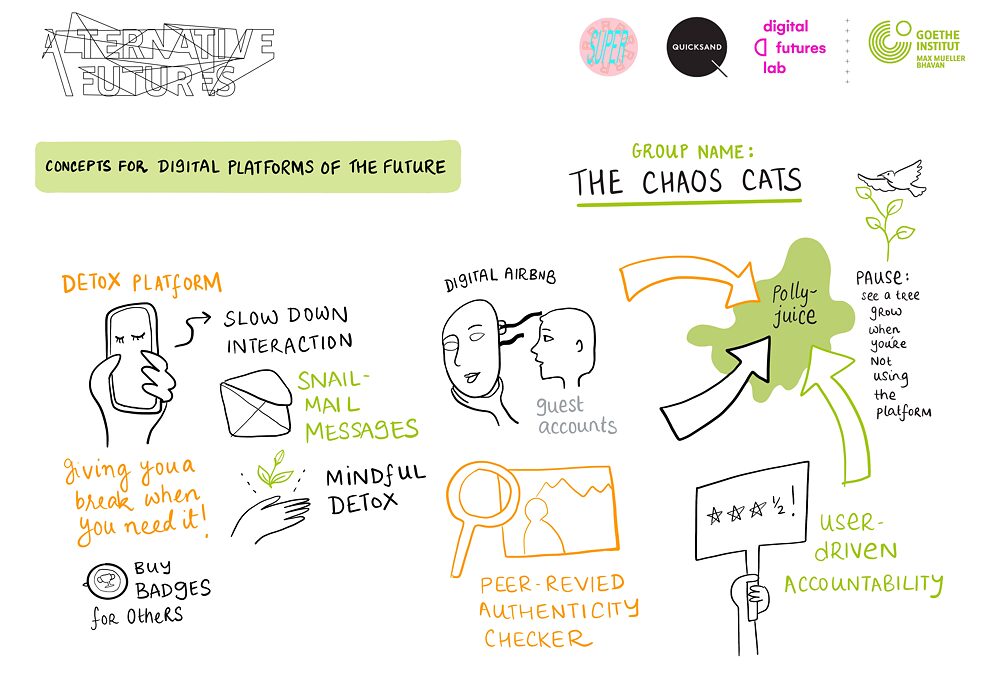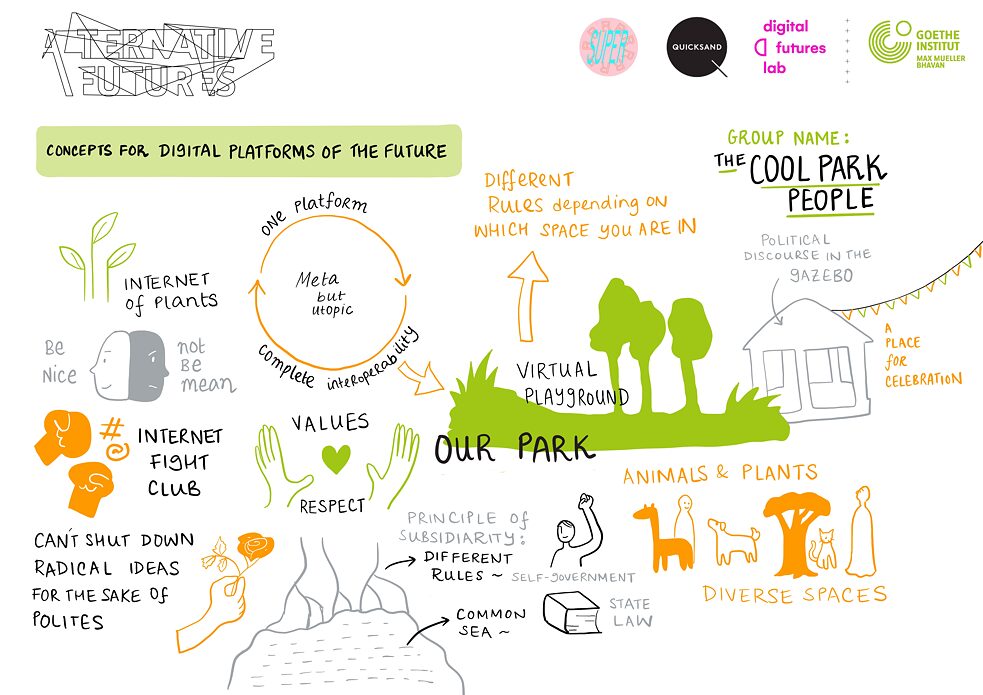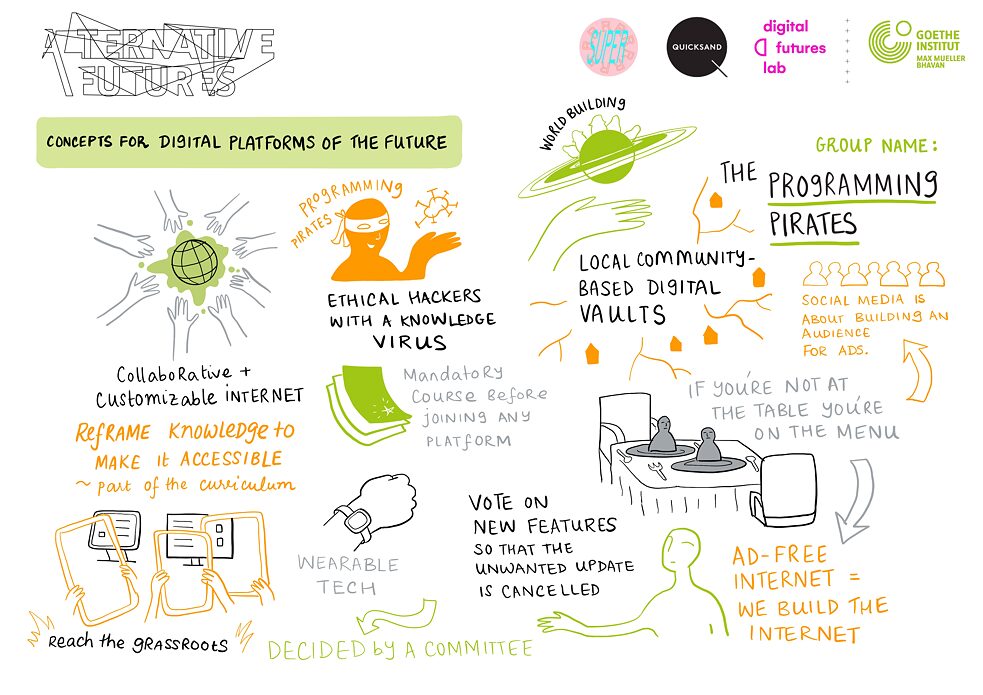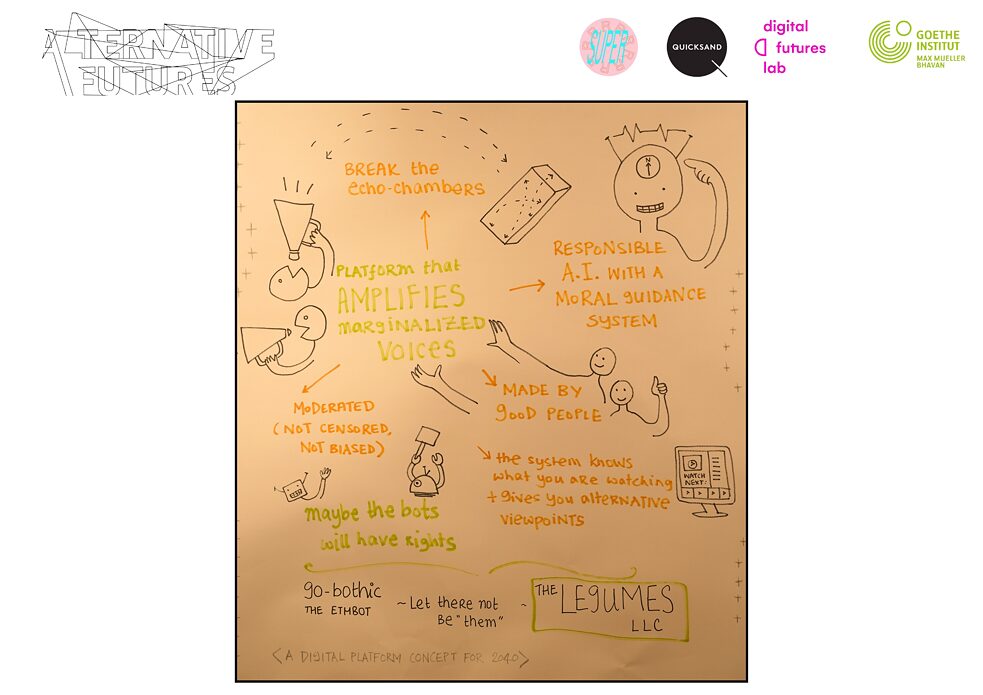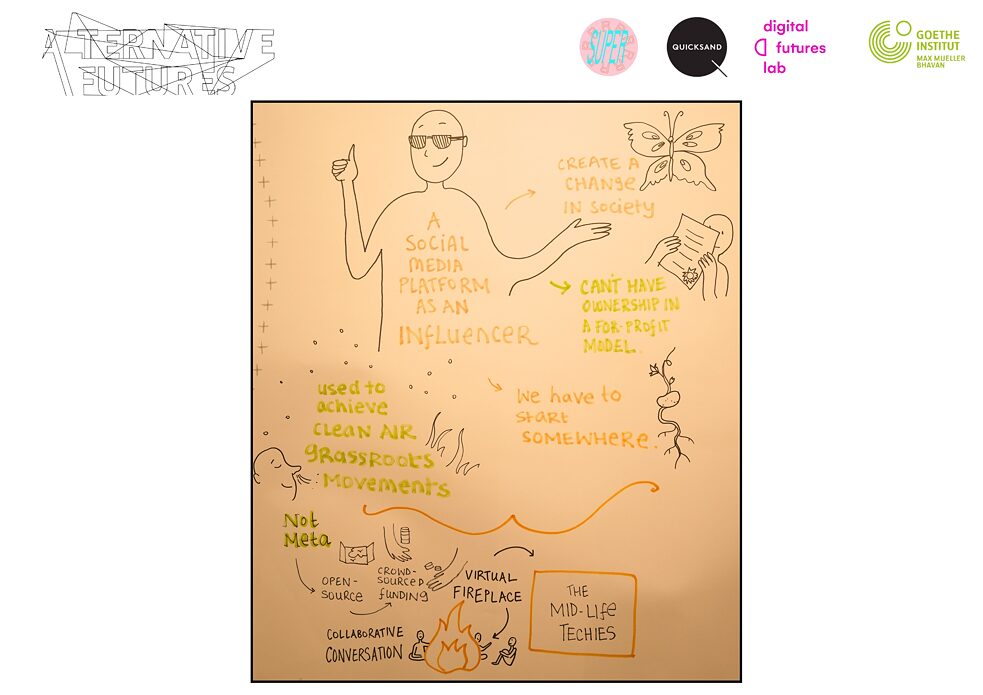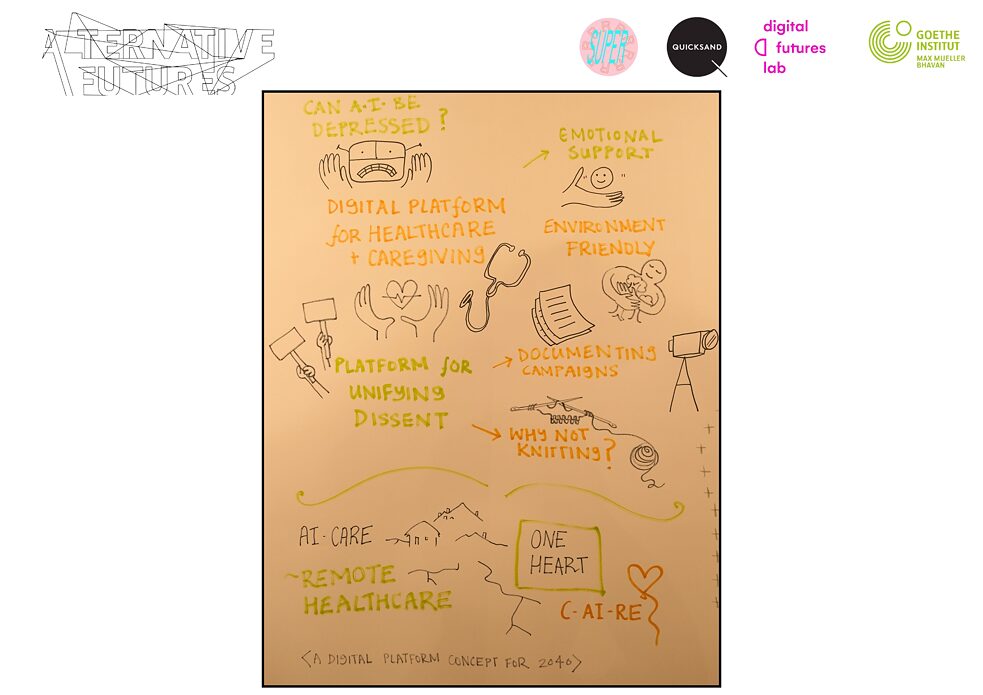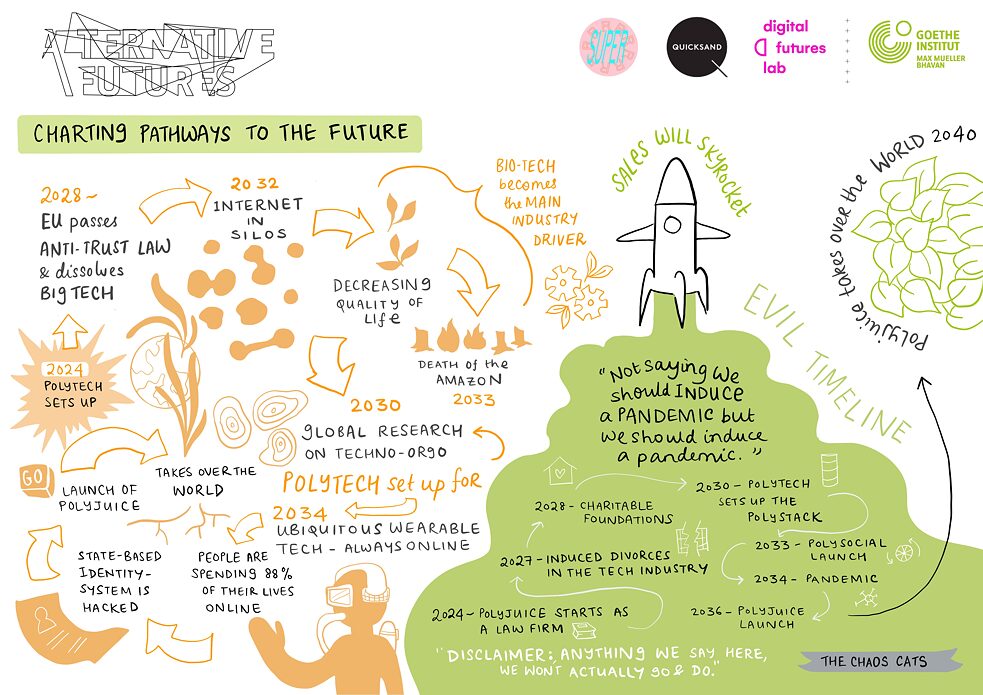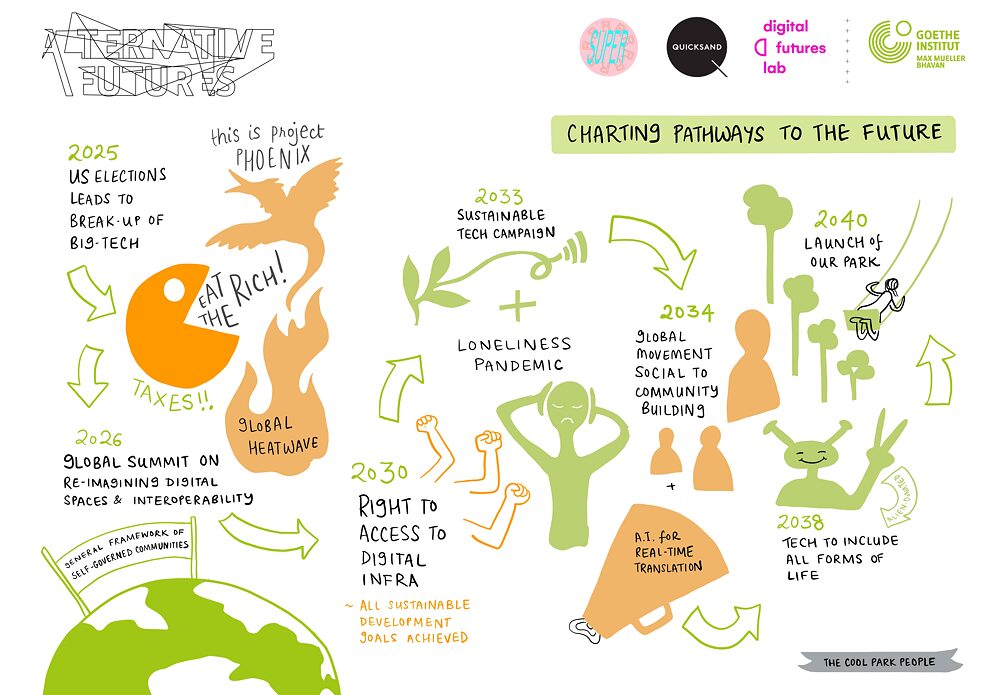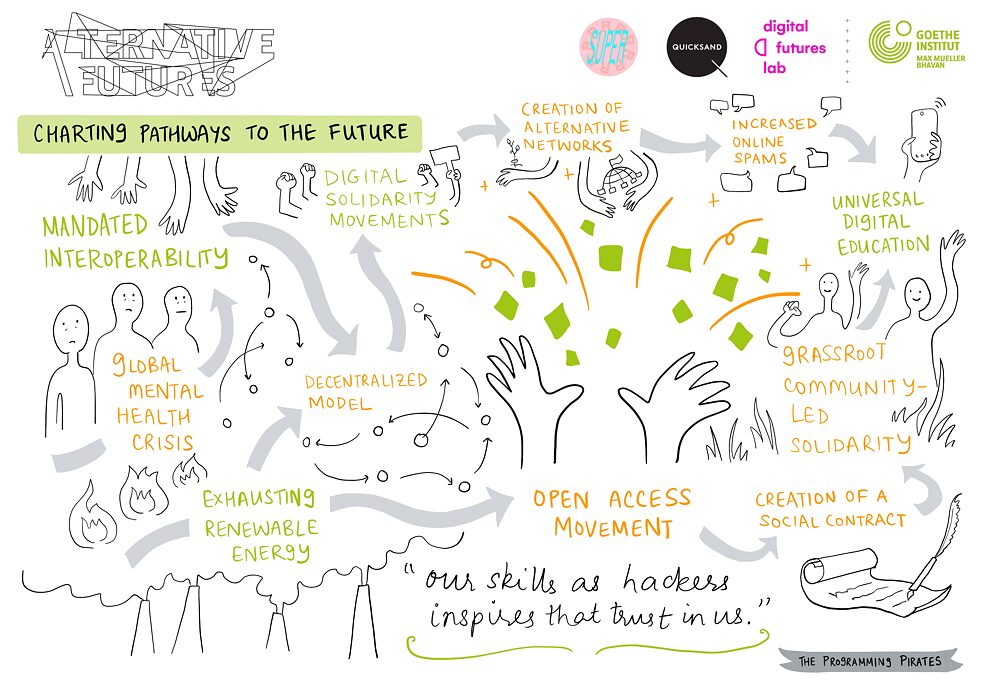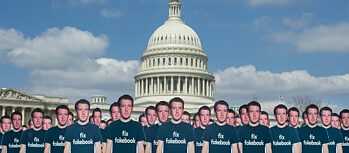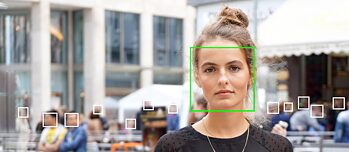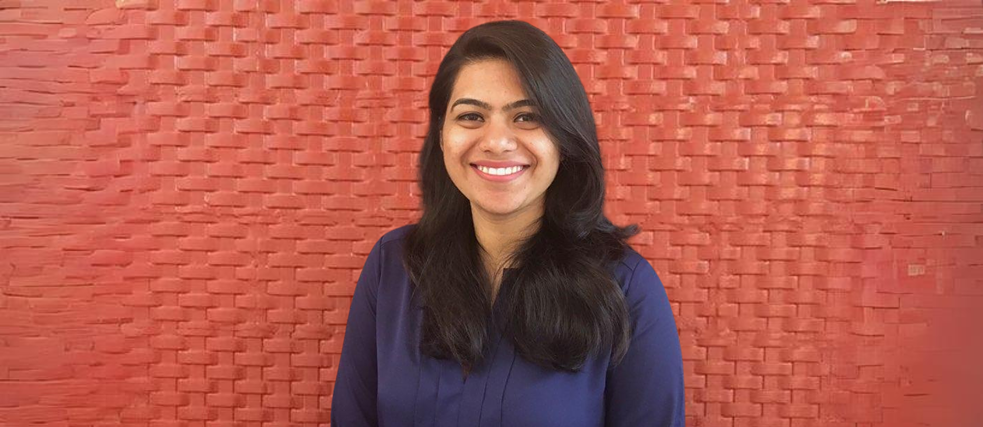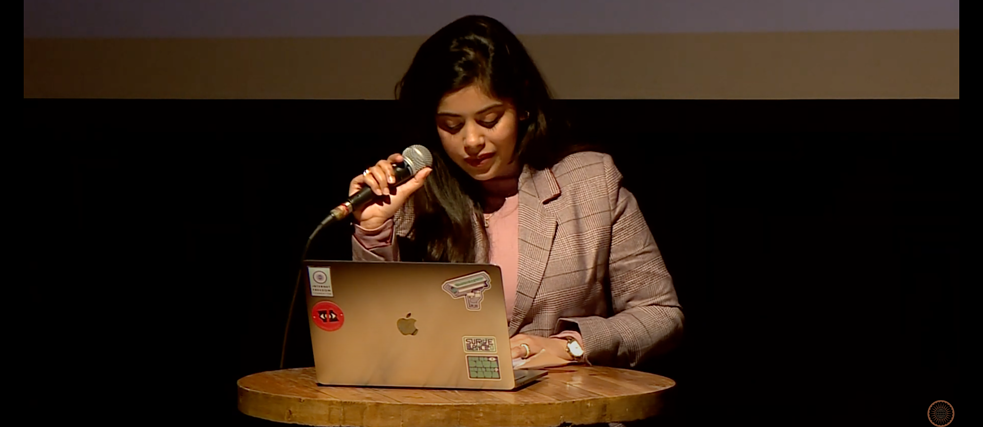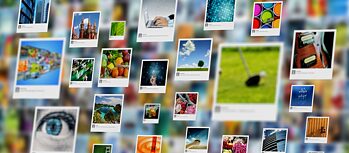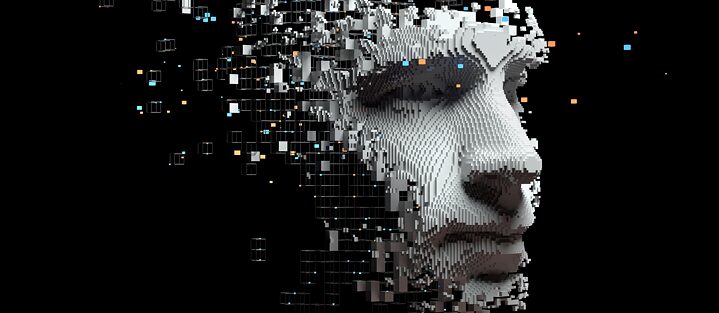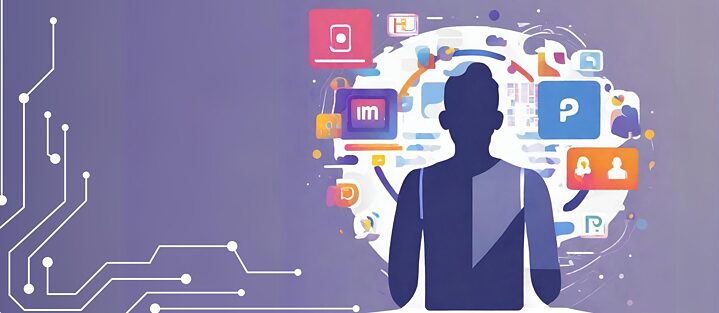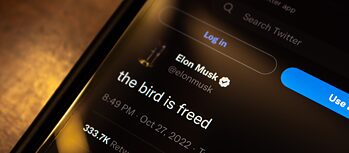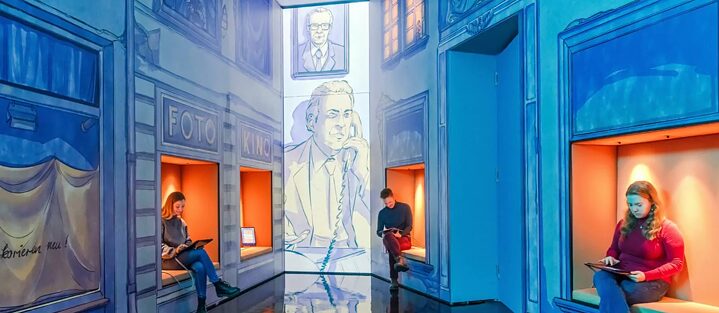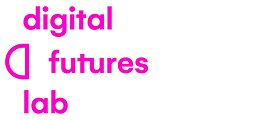From the Workshops
During the two-day workshops held in New Delhi and Kolkata, we engaged digital experts and activists in discussions about the future of digital platforms, and their insights have been translated into artworks.
What could the future of digital platforms look like?
We posed the question, "What single aspect of Digital Media would you change?" to a select group of digital activists and experts. Here are their responses.
How digital media are affecting civic engagement is debated controversially. For many, the corrosive effect due to disinformation campaigns and hate culture is in the foreground. Others expect reforms of the public space, increasing pressure on technology companies by governments and activists, and point to emancipatory movements such as #blacktwitter and #metoo.
Researchers have outlined the various connections between capitalism, financial markets, digital platforms, and the polarisation of society. Digital capitalism, in which profit is generated from information, stirs up resentment and thus also endangers key functionalities of the public space. On X (Twitter), the public sphere becomes a business model, opinions become information that can be capitalised on, resulting in echo chambers and intensifying resentment. Concerns about the rise of hateful commentaries and harmful and manipulative interactions in some online spaces, as well as concerns about the role of tech companies in all this, have led to efforts by tech activists to redesign online spaces to facilitate debate, improve civility, and provide personal safety.
It is against this backdrop that Goethe-Institut, in collaboration with Digital Futures Lab, Quicksand and Superrr Lab, aims to foster a forward-looking discussion around the design, governance, and operational dynamics of digital platforms. Through a series of workshops and discussions, the project seeks to bring together German and Indian civil society institutions and researchers from relevant fields to facilitate collective ideation along overarching themes of digital communication, platform design and governance, and civic engagement.
